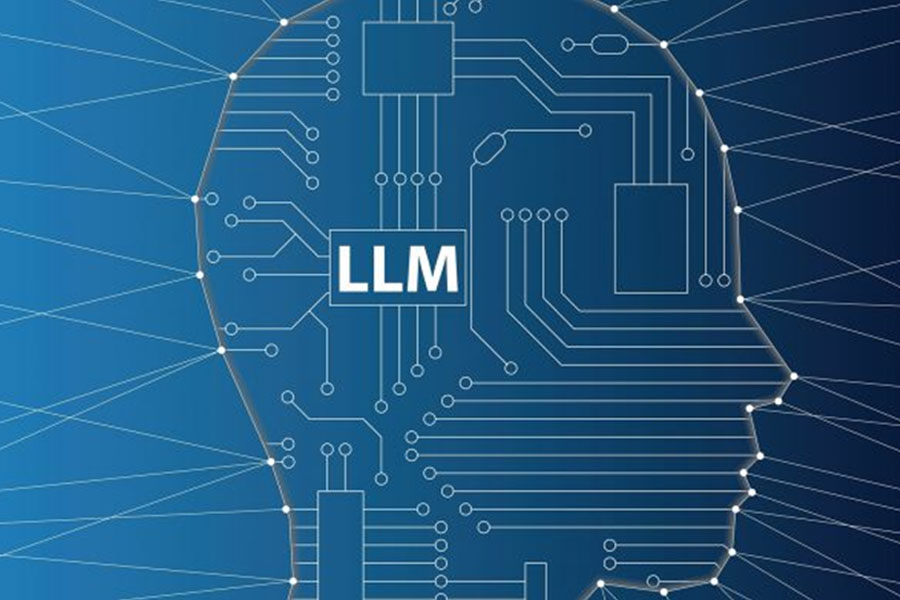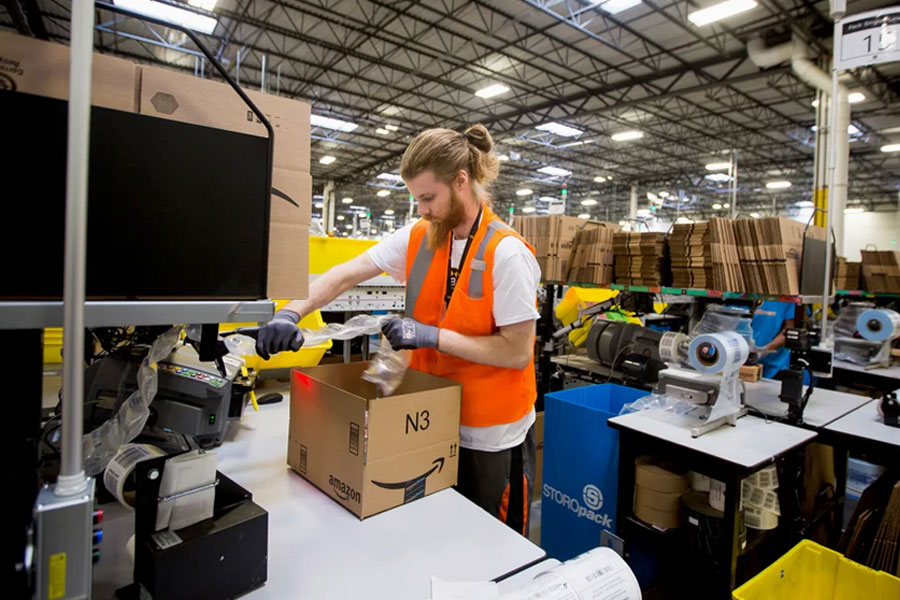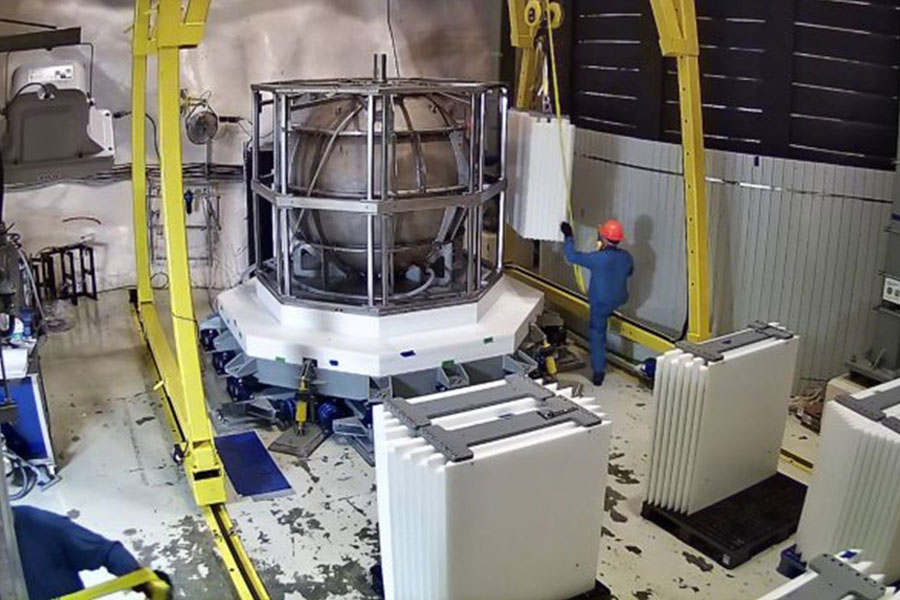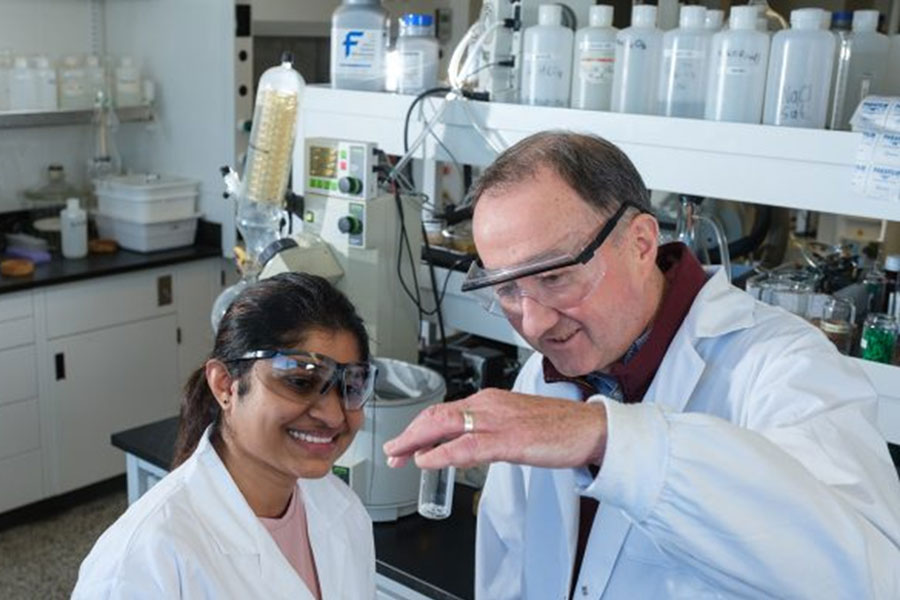
While advanced technologies like large language models (LLMs) are set to transform industries, the potential impact on jobs remains largely uncharted. There's a pressing need to assess these risks and create effective policies to navigate this evolving landscape
In today's rapidly evolving technological landscape, the rise of large language models (LLMs) has sparked both excitement and concern. While these advanced AI systems promise efficiency and innovation, questions loom about their potential to reshape jobs and economies.
A recent study has delved into this transformative potential, offering a groundbreaking framework to gauge how LLMs might affect our workplaces. This research aims not only to understand but also to anticipate the impacts on job markets worldwide.
Imagine if AI could enhance your daily work experiences. From streamlining tasks to boosting productivity, the possibilities seem endless. Yet, despite extensive studies, the true extent of AI's impact on job demands, wages, and inequality remains unclear.
To assess this, researchers turned to the O*NET 27.2 database, which details various occupations and their intricate workflows. They meticulously examined 923 different types of jobs, using both human insight and trained AI models like GPT-4 to determine how LLMs could potentially halve task completion times while maintaining or even improving quality.
Their findings are eye-opening: approximately 80% of workers operate in fields where at least 10% of job tasks could benefit from LLMs' influence. Surprisingly, 18.5% of workers engaged in roles where half of their tasks could be similarly optimized.
Moreover, a deeper dive into the data revealed that 1.86% of tasks could be fully automated without any human intervention. This suggests a potential shift in how work is performed across various sectors.
Notably, the impact of LLMs varies significantly across industries. Occupations with higher wages, such as scientists and technologists, appear most susceptible to these advancements. This underscores a potential divide in how AI adoption could affect different segments of the workforce.
Yet, as AI capabilities evolve, so too could its applications. Tasks previously deemed beyond AI's reach may become feasible with future innovations. Conversely, challenges may arise in areas expected to easily integrate LLMs.
This study underscores the critical need for thoughtful policies that guide the integration of LLMs into our workplaces. Such policies should ensure that economic benefits are widespread and that workers are supported through these transitions.
In essence, while the advent of LLMs promises to revolutionize industries like science and technology, it also necessitates careful consideration of its broader societal impacts. By steering AI development towards socially beneficial outcomes, we can harness its full potential while mitigating potential disruptions.
As we stand at the precipice of this technological revolution, the choices we make today will shape the workforce of tomorrow. Embracing AI's potential while safeguarding workers' interests is not just a challenge but an opportunity to redefine how we work and thrive in a digitally driven world.
On a final note, the journey towards integrating LLMs into our workplaces is not merely about technological advancement; it's about ensuring that these advancements empower and uplift every sector of society. By fostering innovation responsibly, we can pave the way for a future where technology serves humanity at its best.





